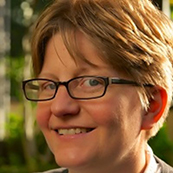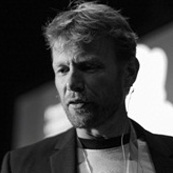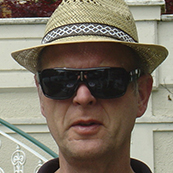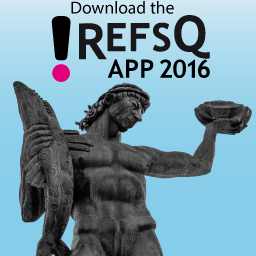
Thank you for your participation! See you next year at Refsq 2017!
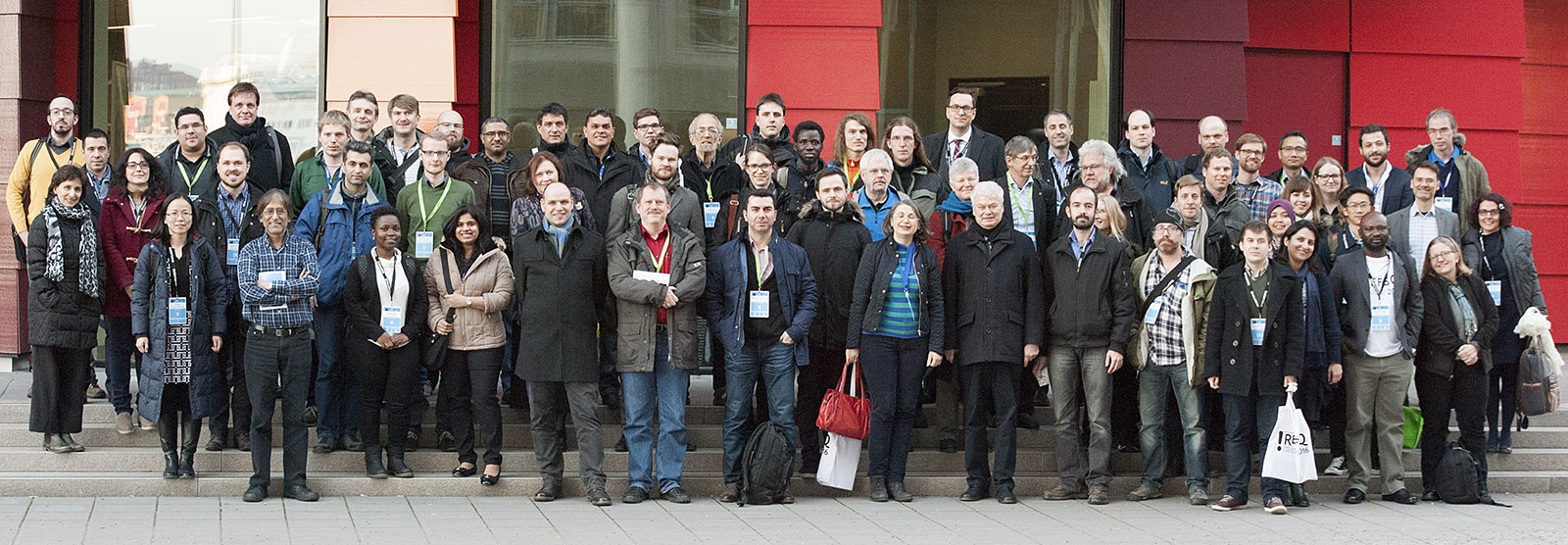
Joint On-line Proceedings of the Co-Located Events (CEUR-WS)
Conference Programme
Welcome to REFSQ 2016!March 14-17, 2016 Göteborg, Sweden
The special theme for REFSQ’16 is “Understanding an ever changing world through the right requirements”. REFSQ’16 encourages submissions that highlight the utilization of RE for solving our society’s great problems. Our theme invites to an inclusive conversation covering various perspectives, such as systems engineering, economics and management. A particular aspect of our 2016 theme is its strong focus on software ecosystems and cross‐organizational collaboration, for example between established companies and startups, in order to increase innovation capabilities, reduce time to market, and to support development for and in software ecosystems. Keynote Speakers
Sarah C. Gregory is a Senior Partner in the Intel Emergent Systems and Coaching team (IESC), Intel Corporation. As a Senior Methodologist in Requirements Engineering, Sarah develops and mentors Requirements Engineering subject matter experts across Intel worldwide, conducts training, and trains many course trainers. In fifteen years at Intel, she has extensively explored the human aspects of sociotechnical systems, primarily through the lens of requirements engineering. Her research interests reside in those boundary spaces, the marginal areas where cultures intersect and overlap with product development efforts. Sarah’s academic background includes graduate degrees in Law, Information Science, and Systematic Theology, and she is currently pursuing a doctorate in Social Theory in a joint program between the Graduate Theological Union and the University of California-Berkeley. Title: It Depends: Heuristics for Common Enough Requirements Practice (Slides)
Prof. Magne Jørgensen works as a researcher at Simula Research Laboratory and a professor at the University of Oslo. Together with Prof. Kitchenham and Dr Dybå he has founded and promoted evidence-based software engineering and teaches this to students and software professionals. This work led to the 2014 ACM Sigsoft award for most influential paper the last ten years. The focus of his research is on the management of software projects, software development methods, evidence-based software engineering, judgment and decision-making in software development, and empirical methods for software engineering. He has published more than 140 papers with results on software engineering, psychology, forecasting and project management. Title: Fixed Price without Fixed Specifications (Slides)
Prof. Roel Wieringa is Chair of Information Systems at the University of Twente, The Netherlands. His research interests include requirements engineering, conceptual modeling, IT security risk assessment, and design science research methodology for software. He has written three books, Requirements Engineering: Frameworks for Understanding (Wiley, 1996), Design Methods for Reactive Systems: Yourdon, Statemate and the UML (Morgan Kaufmann, 2003, and Design Science Methodology for Information Systems and Software Engineering (Springer, 2014). He serves on the board of editors of the Requirements Engineering Journal and of the Journal of Software and Systems Modeling. Roel Wieringa has been Associate Editor in Chief of IEEE Software for the area of requirements engineering from 2004 to 2007, has been head of the Computer Science Department of the UT from 2009 to 2013, and has been scientific director of the Dutch national School for Information and Knowledge Systems (SIKS, www.siks.nl), from 2006 to 2011. He currently heads the research group of Services, Cybersecurity, and safety at the UT. Find more information at http://wwwhome.ewi.utwente.nl/~roelw/. Title: How to write and evaluate RE research papers: an updated introduction to paper classification and evaluation criteria (Slides)
About REFSQThe REFSQ working conference is the leading European conference series on requirements engineering. It is the goal of REFSQ to foster the creation of a strong European RE community across industry and academia. Since 1994, Requirements Engineering continued to be a dominant factor influencing the quality of software, systems and services. REFSQ seeks contributions which report on novel ideas and techniques that enhance the quality of RE’s products and processes, as well as reflections on current research. REFSQ has a long tradition of being a highly structured and interactive forum. The special format of each session includes the three roles presenter, discussant, and session chair, yielding into highly interactive sessions, filled with discussions among the excellent researchers and industry experts. In addition to the high-quality scientific program, REFSQ also features a highly interactive Industry Track, Workshops and an for the first time a Reserach Methodology Track. | Tweets by @WC_REFSQ |
Sponsors
We would like to express our gratitude to all REFSQ 2016 sponsors:
Platinium

Gold






Silver


